Explore a comprehensive guide to 10 inpatient, 23 outpatient, and 5 detox centers across Nebraska. Compare costs, reviews, and treatment options to find the perfect rehab facility for your needs.

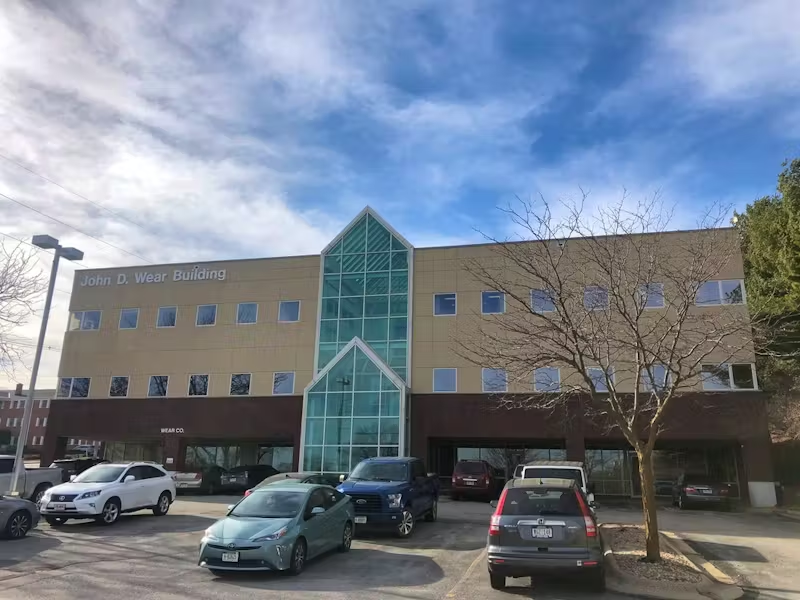 | Addiction & Recovery ServicesAddiction and Recovery Services, located at 7602 Pacific St #304, Omaha, NE, is dedicated to providing compassionate support and comprehensive treatment options for individuals struggling with addiction. The center offers various programs, including counseling, outpatient services, and support groups, tailored to meet the unique needs of each client. With a team of experienced professionals, Addiction and Recovery Services fosters a nurturing environment where individuals can address their challenges and develop effective coping strategies. Committed to holistic care, the center integrates evidence-based therapies with personalized support, empowering clients to reclaim their lives and pursue lasting recovery. Discover the valuable resources available at Addiction and Recovery Services and take the first step towards a healthier, substance-free future. 7602 Pacific St # 304, Omaha, NE 68114 | Levels of Care:outpatient Payment Options:Medicaid Private insurance Self-Pay Options Financial Aid Medicare Military Insurance | ||
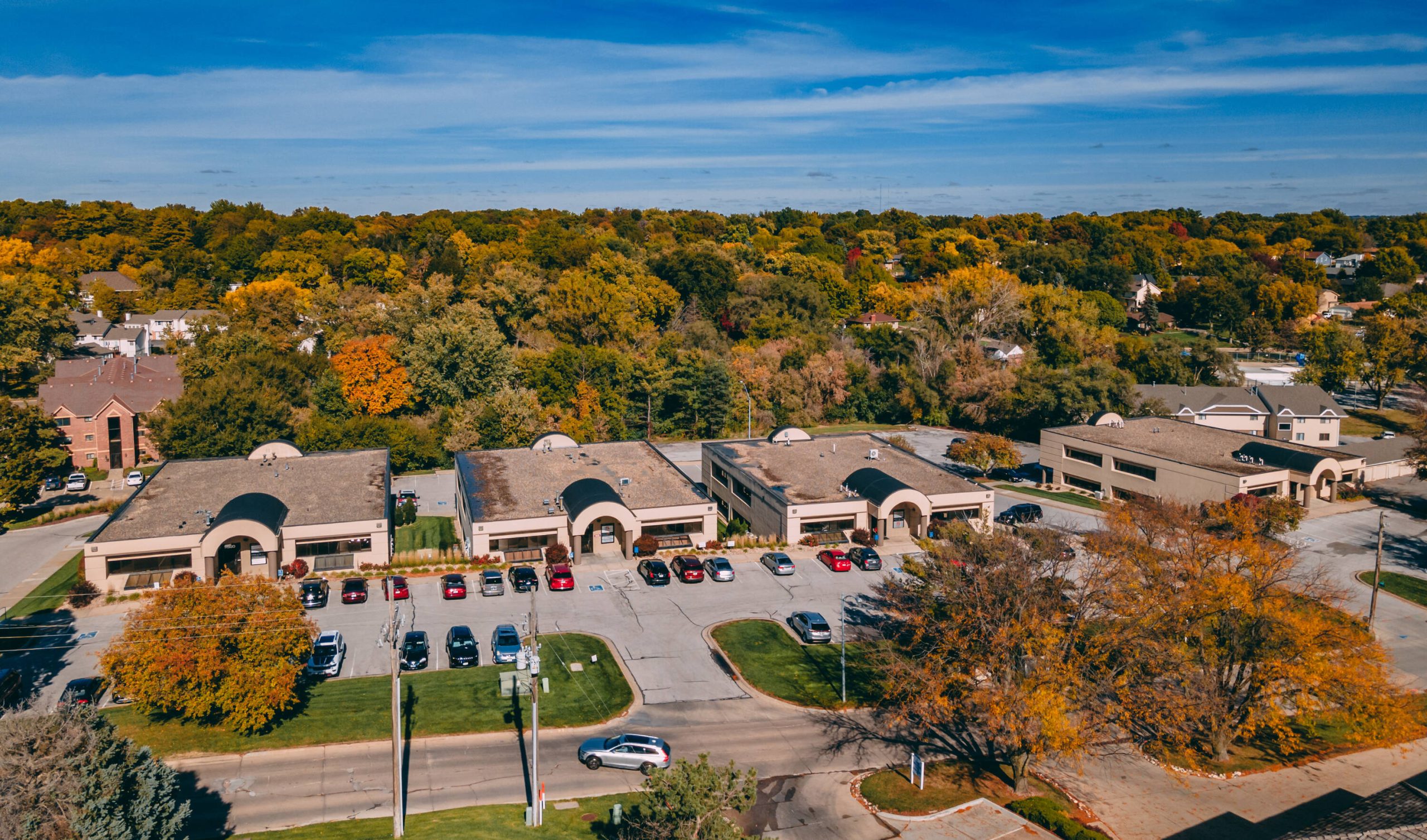 | Adlerian CenterAdlerian Center, located at 11911 Arbor St, Omaha, NE, specializes in providing holistic counseling and therapy services designed to enhance mental well-being. The center offers a range of programs, including individual therapy, family counseling, and group sessions, all informed by Adlerian principles that emphasize personal growth and social interest. With a team of compassionate and experienced professionals, Adlerian Center creates a supportive environment where clients can explore their thoughts and feelings, develop coping strategies, and work towards achieving their personal goals. Committed to tailored care, the center focuses on the unique needs of each individual, empowering them to lead healthier, more fulfilling lives. Discover the transformative services available at Adlerian Center and take the first step towards improved mental health. 11911 Arbor St, Omaha, NE 68144 | Levels of Care:outpatient Payment Options:Private Insurance Self-Pay Options | ||
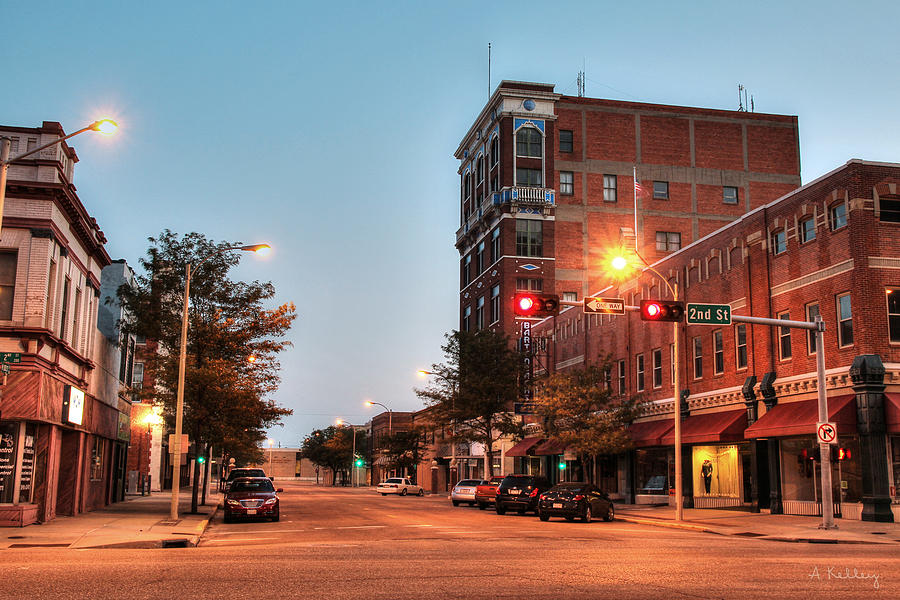 | Alano ClubAlano Club, located at 1522 West 5th Street, Grand Island, NE, is a welcoming community hub dedicated to supporting individuals in recovery from addiction. The club offers a variety of programs and services, including support meetings, social events, and resources for those seeking to maintain their sobriety. With a focus on fostering a sense of belonging, Alano Club provides a safe and nurturing environment for individuals and families impacted by addiction. Members can connect with others who share similar experiences, participate in group activities, and access valuable resources that promote a healthy lifestyle. Discover the supportive community at Alano Club and take an important step towards a fulfilling recovery journey. 1510 W 5th St, Grand Island, NE 68801 | Levels of Care:outpatient Payment Options:Free | ||
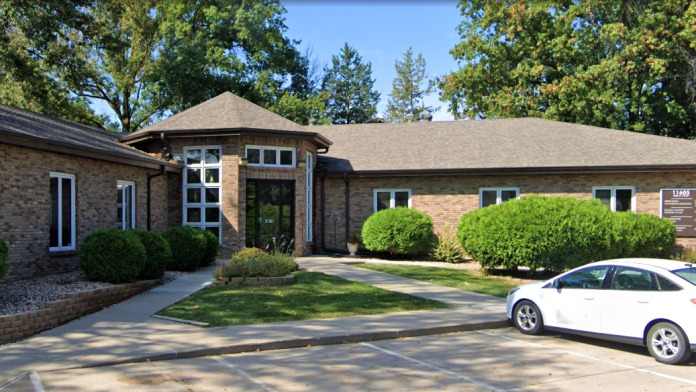 | Arbor Family CounselingArbor Family Counseling, located at 11605 Arbor St #106, Omaha, NE, is dedicated to providing compassionate therapy services that support families and individuals in navigating life\'s challenges. The center offers a variety of counseling options, including individual therapy, family therapy, and couples counseling, all designed to foster understanding and healing. With a team of experienced and empathetic professionals, Arbor Family Counseling creates a safe environment where clients can explore their emotions, develop effective communication skills, and work towards healthier relationships. Committed to holistic care, the center tailors its approach to meet the unique needs of each client, empowering them to achieve personal growth and emotional well-being. Discover the transformative support available at Arbor Family Counseling and take the first step towards a healthier family dynamic. 11605 Arbor St # 106, Omaha, NE 68144 | Levels of Care:outpatient Payment Options:Private insurance Self-Pay Options Military Insurance Medicaid | ||
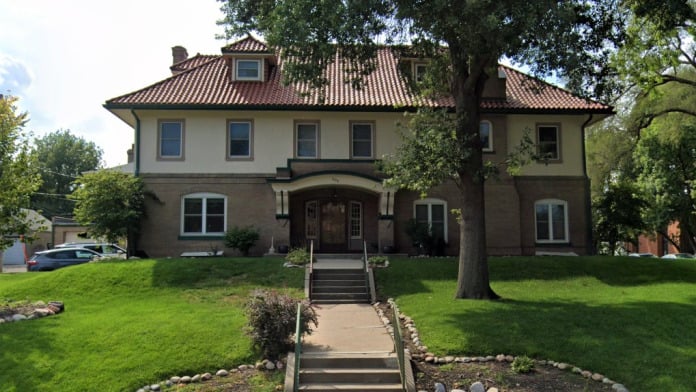 | ARCH Halfway HouseARCH Halfway House, located at 604 South 37th Street, Omaha, NE, provides a supportive transitional living environment for individuals in recovery from addiction. The halfway house offers a structured program designed to assist residents in building a foundation for lasting sobriety while reintegrating into daily life. With a focus on personal responsibility and community support, ARCH Halfway House provides residents with essential resources, including counseling, life skills training, and peer support. The dedicated staff fosters a nurturing atmosphere where individuals can work towards their recovery goals, develop healthy coping mechanisms, and establish a network of support. Discover the transformative experience at ARCH Halfway House and take the next step towards a successful recovery journey. 604 S 37th St, Omaha, NE 68105 | Levels of Care:Inpatientoutpatient Payment Options:Self-Pay Options | ||
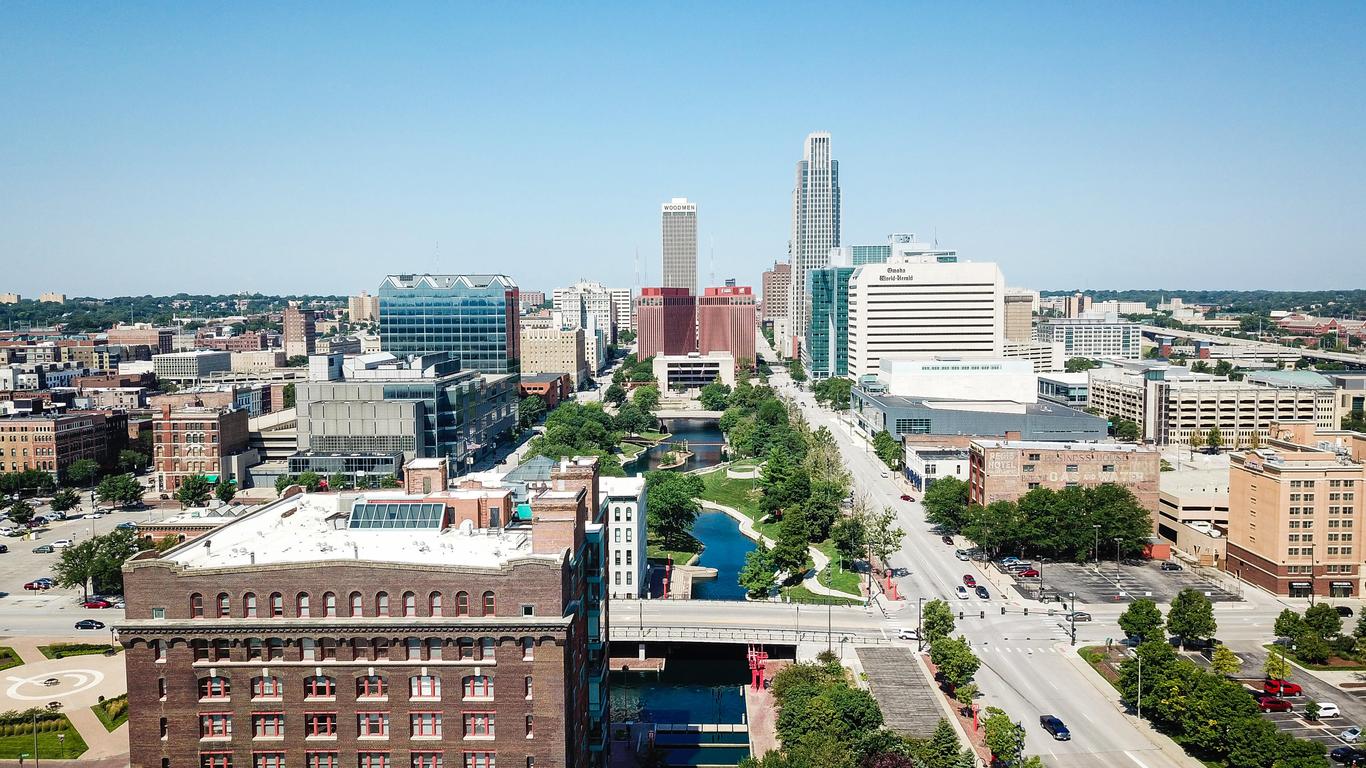 | ARCH O’HanlonARCH O’Hanlon, located at 1502 North 58th Street, Omaha, NE, is dedicated to providing comprehensive recovery services for individuals struggling with addiction. This facility offers a range of programs, including residential treatment, outpatient services, and support groups, all aimed at fostering healing and personal growth. With a compassionate team of trained professionals, ARCH O’Hanlon creates a safe and supportive environment where clients can address their substance use challenges and develop essential life skills for a successful recovery. Committed to evidence-based practices, the center tailors its approach to meet the unique needs of each individual, empowering them to embark on a transformative journey towards sobriety. Explore the resources available at ARCH O’Hanlon and take the first step towards a healthier, more fulfilling life. 1502 North 58th Street, Omaha, NE 68104 | Levels of Care:Inpatientoutpatient Payment Options:Private Insurance Self-Pay Options Financial Aid Medicaid | ||
Associates in Counseling and TreatmentAssociates in Counseling and Treatment | Payment Options:Medicaid | |||
Avera St. Anthonys Hospital300 North 2Nd Street Oneill NE, 68763 www.avera.org(402) 336-2611 | Payment Options:Self-pay options Financial aid Employee Assistance Program Medicaid Military insurance Medicare Private insurance | |||
BAART Programs#210, 1941 South 42Nd Street Omaha NE, 68105 | Payment Options:Self-pay options Sliding scale payment assistance Medicaid Financial aid Monthly: $240 | |||
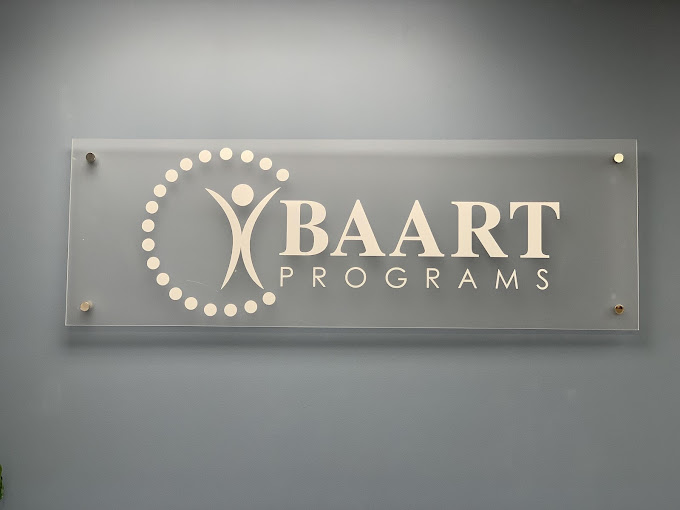 | BAART Programs LincolnBAART Programs Lincoln, located at 4305 O St, Lincoln, NE, is dedicated to providing comprehensive addiction treatment services to individuals seeking recovery from substance use disorders. The facility offers a range of programs, including medication-assisted treatment, counseling, and support services, all designed to promote lasting recovery and improved well-being. With a compassionate team of professionals, BAART Programs creates a supportive environment where clients can work through their challenges and develop the skills necessary for a successful recovery journey. Committed to individualized care, the center tailors its programs to meet the unique needs of each person, empowering them to lead healthier, substance-free lives. Discover the transformative services available at BAART Programs Lincoln and take the first step toward a brighter future. 4305 O St, Lincoln, NE 68510 | Levels of Care:DetoxInpatientoutpatient Payment Options:Private Insurance Self-Pay Options | ||
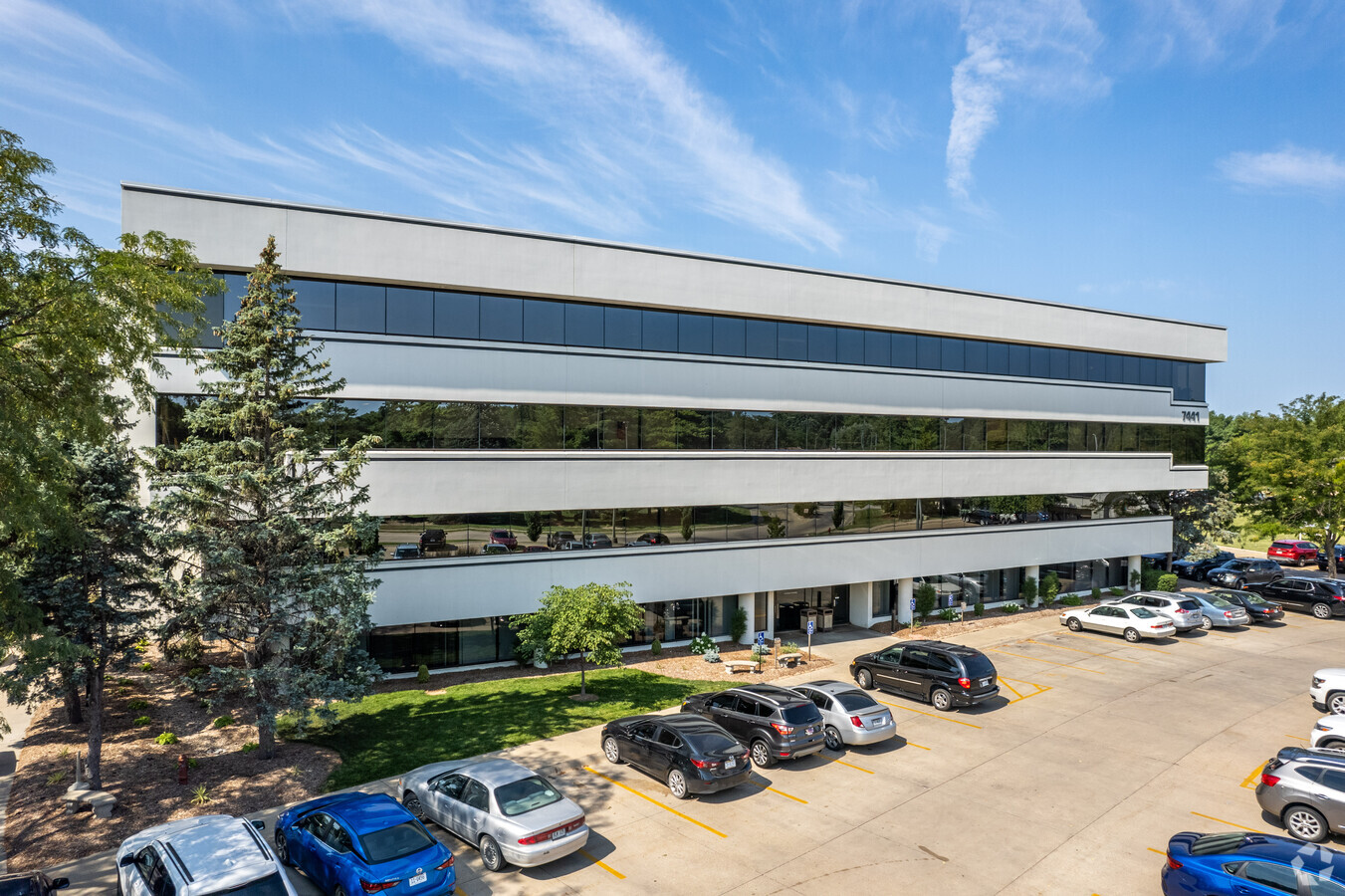 | Behavioral Health Resources, LLCBehavioral Health Resources LLC, located at 7441 O Street, Suite 107, Lincoln, Nebraska, is dedicated to providing a wide range of mental health services aimed at supporting individuals and families. The organization offers programs including therapy, counseling, and support groups, designed to promote emotional wellness and resilience. With a team of experienced mental health professionals, Behavioral Health Resources creates a compassionate environment where clients can explore their challenges and develop effective coping strategies. Committed to personalized care, the center tailors its services to meet the unique needs of each individual, empowering them to lead healthier and more fulfilling lives. Explore the valuable resources available at Behavioral Health Resources LLC and take the first step toward improved mental health. 7441 O St #107, Lincoln, NE 68510 | Levels of Care:outpatient Payment Options:Private Insurance Self-Pay Options | ||
Behavioral Health SpecialistsBehavioral Health Specialists | Payment Options:Medicaid | |||
Beneficial Behavioral Health ServicesBeneficial Behavioral Health Services | Payment Options:Medicaid | |||
Blue Valley Behavioral HealthBlue Valley Behavioral Health | Payment Options:Medicaid | |||
Blue Valley Behavioral HealthBlue Valley Behavioral Health | Payment Options:Medicaid | |||
Blue Valley Behavioral HealthBlue Valley Behavioral Health | Payment Options:Per session: $300Self-pay options | |||
Blue Valley Behavioral HealthBlue Valley Behavioral Health | Payment Options:Medicaid | |||
Blue Valley Behavioral HealthBlue Valley Behavioral Health | Payment Options:Per session: $300Self-pay options | |||
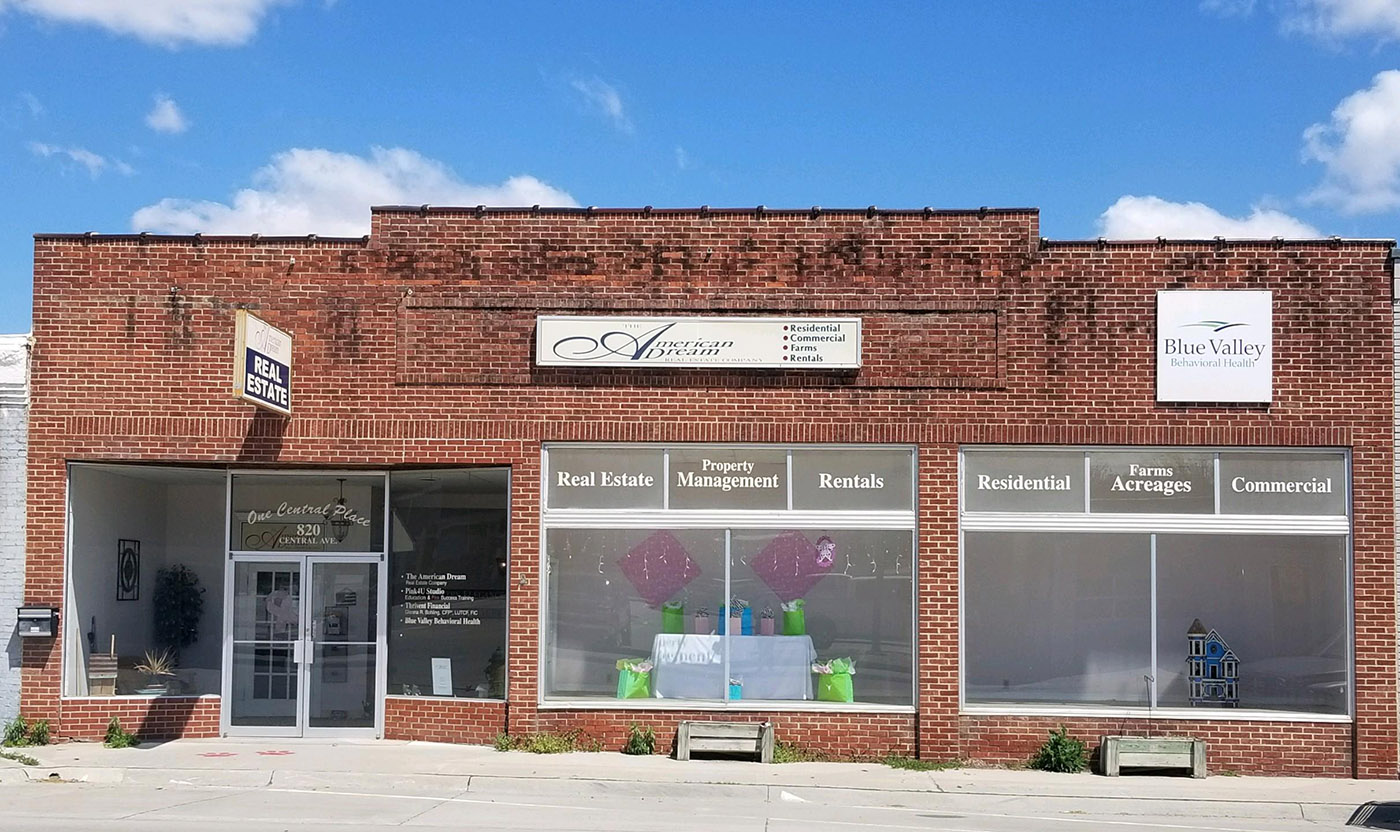 | Blue Valley Behavioral Health: Auburn, NEBlue Valley Behavioral Health, located at 820 Central Ave #4, Auburn, NE 68305, is a mental health service that currently boasts a perfect 5.0 rating based on 1 Google review. Key features of Blue Valley Behavioral Health in Auburn include: 1. **High Rating**: The 5.0 rating indicates strong client satisfaction, suggesting that individuals have had positive experiences with the services provided. 2. **Mental Health Services**: The facility offers a range of mental health services aimed at supporting individuals dealing with various mental health challenges. 3. **Community Focus**: As a local resource, Blue Valley Behavioral Health is dedicated to serving the Auburn community and surrounding areas. 4. **Personalized Care**: The center likely emphasizes individualized treatment plans tailored to the specific needs of each client. 5. **Supportive Environment**: The facility aims to create a welcoming atmosphere where clients can feel comfortable discussing their mental health concerns and working towards recovery. For those considering services at Blue Valley Behavioral Health in Auburn, it may be beneficial to contact them directly for more information about their offerings and to schedule an appointment. 820 Central Ave #4, Auburn, NE 68305 | Levels of Care:Intensive Outpatient (IOP)OutpatientAftercare SupportPartial Hospitalization Program (PHP)12-Step Payment Options:Medicaid Private insurance Self-Pay Options Financial Aid Medicare |  | |
Blue Valley Behavioral Health: Beatrice, NEBlue Valley Behavioral Health1123 North 9Th Street Beatrice NE, 68310 www.bvbh.net(402) 228-3386 | Payment Options:Medicaid Private insurance Self-pay options Sliding scale payment assistance Medicare Military insurance Per session: $300 |
Find Nebraska drug rehabs in cities near you or sort by letter.
For anyone seeking help for addiction for themselves or a loved one calls to Addiction Helpline America are completely confidential and available 24/7.
Please note: any treatment center listed on our site that receives calls is a paid advertiser.
Calls to a specific treatment center’s listing will be connected directly to that center.
Calls to our general helpline will be answered by treatment providers, all of whom are paid advertisers.
By calling the helpline, you agree to our terms and conditions. These calls are free of charge and carry no obligation to enter treatment. Neither Sober Steps nor anyone answering your call receives a commission or fee based on your choice of treatment provider.
If you’d like to explore additional treatment options or connect with a specific rehab center, you can browse our top-rated listings, visit our homepage, or call us at (844) 561-0606. You may also contact us for further assistance.
Calls to any general helpline will be answered or returned by one of the treatment providers listed, each of which is a paid advertiser:
Our helpline is available 24 hours a day, 7 days a week at no cost to you and with no obligation for you to enter into treatment. We are committed to providing support and guidance whenever you need it.
In some cases, Addiction Helpline America charges our verified partner a modest cost per call. This fee helps us cover the costs of building and maintaining our website, ensuring that we can continue to offer this valuable service to those in need.